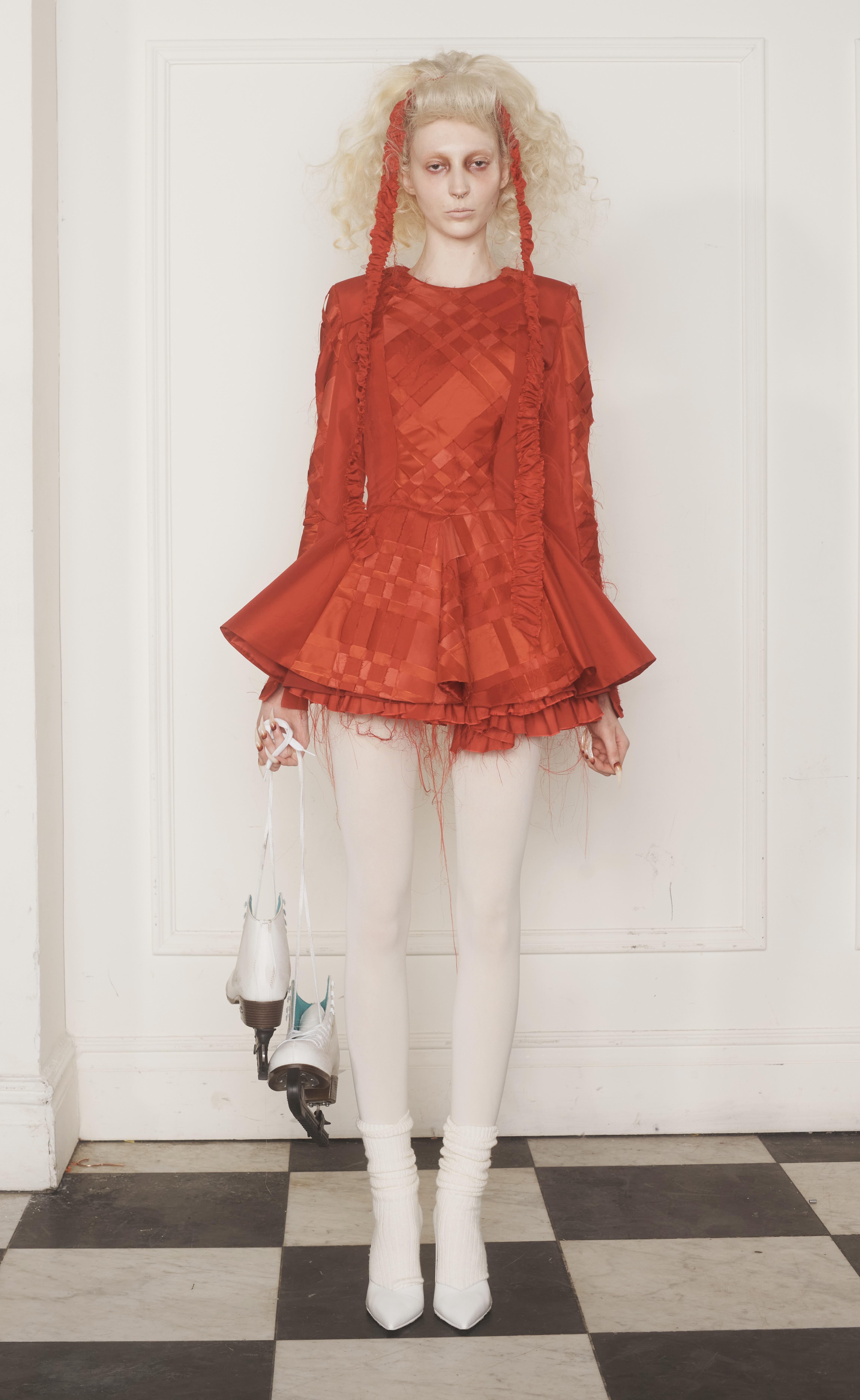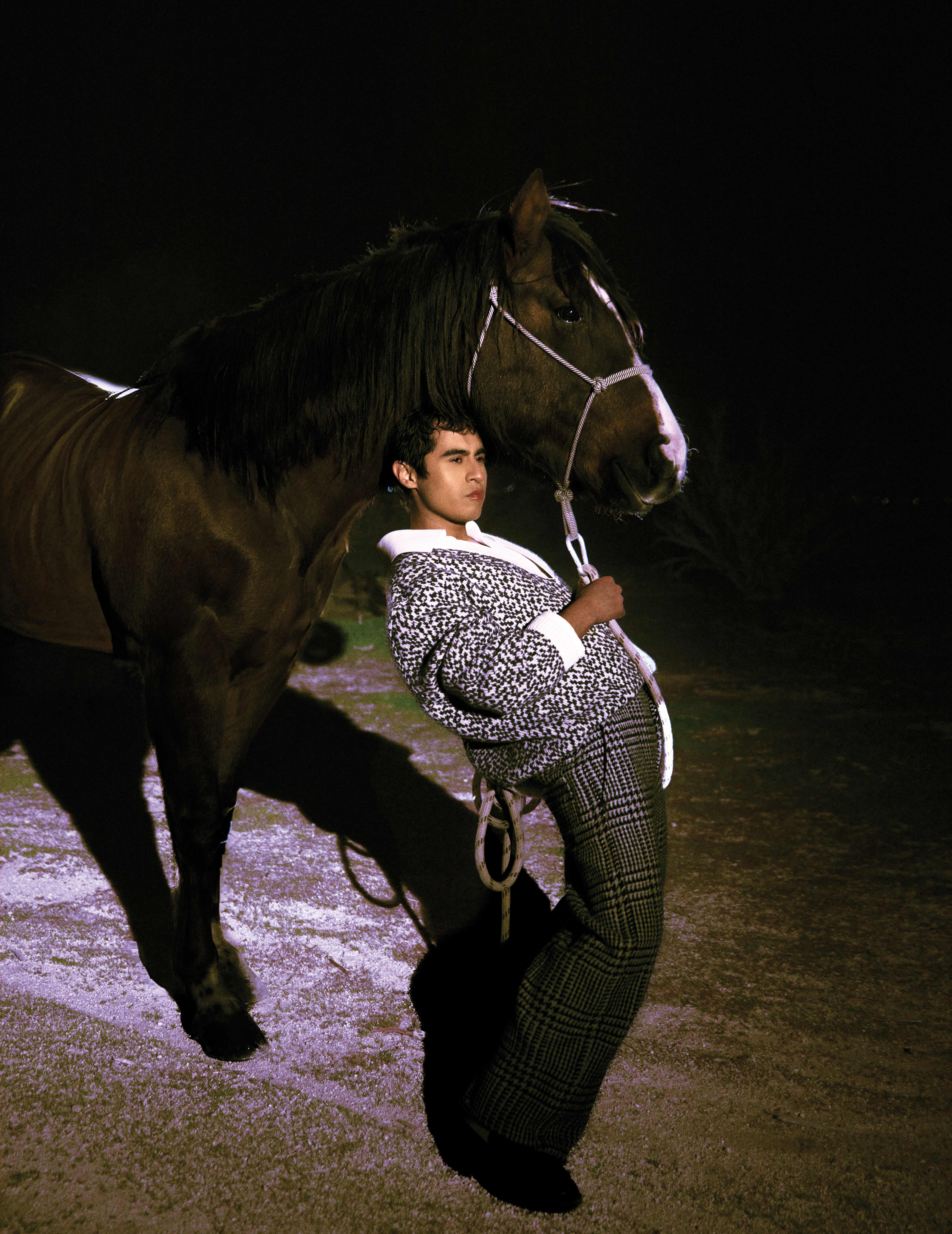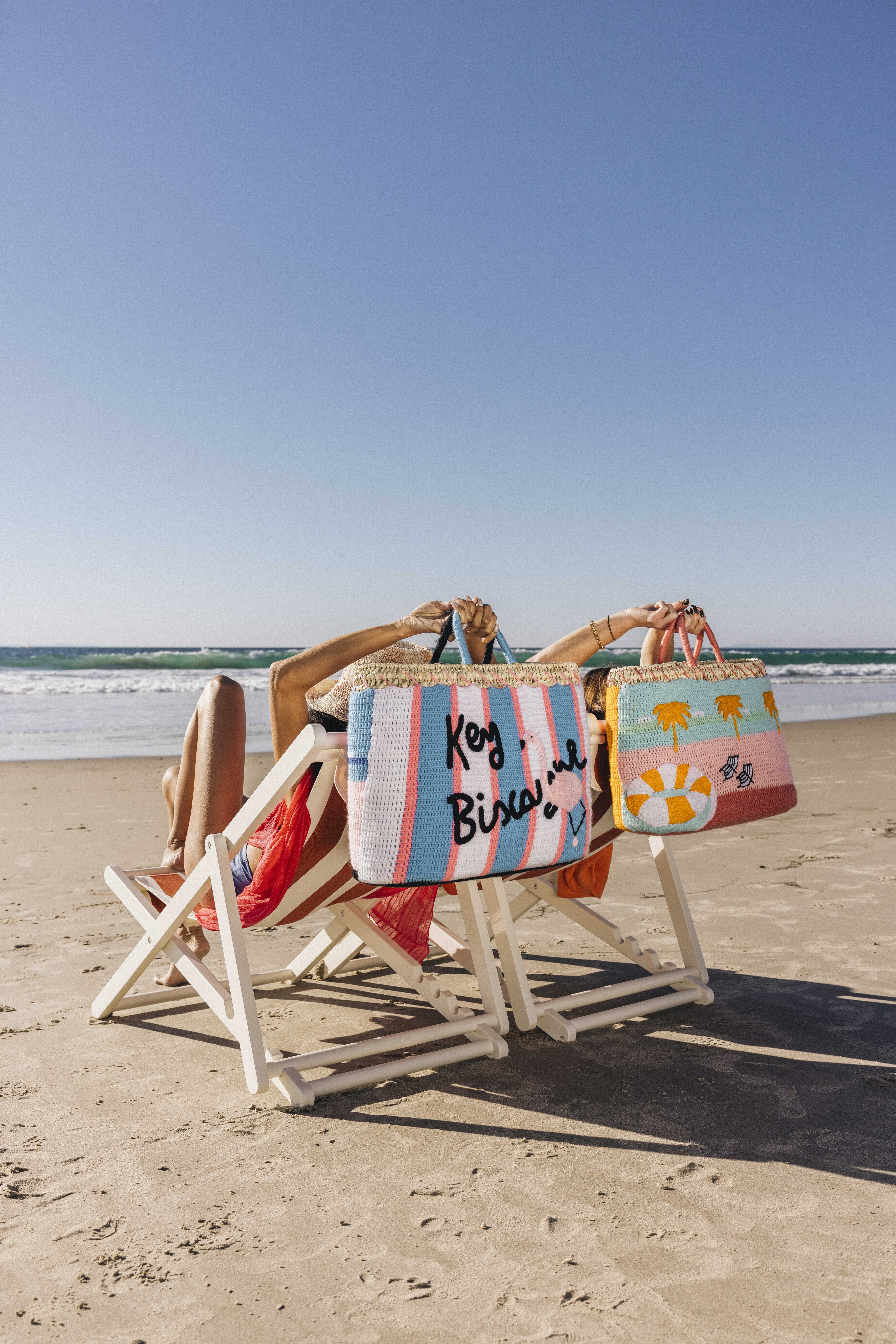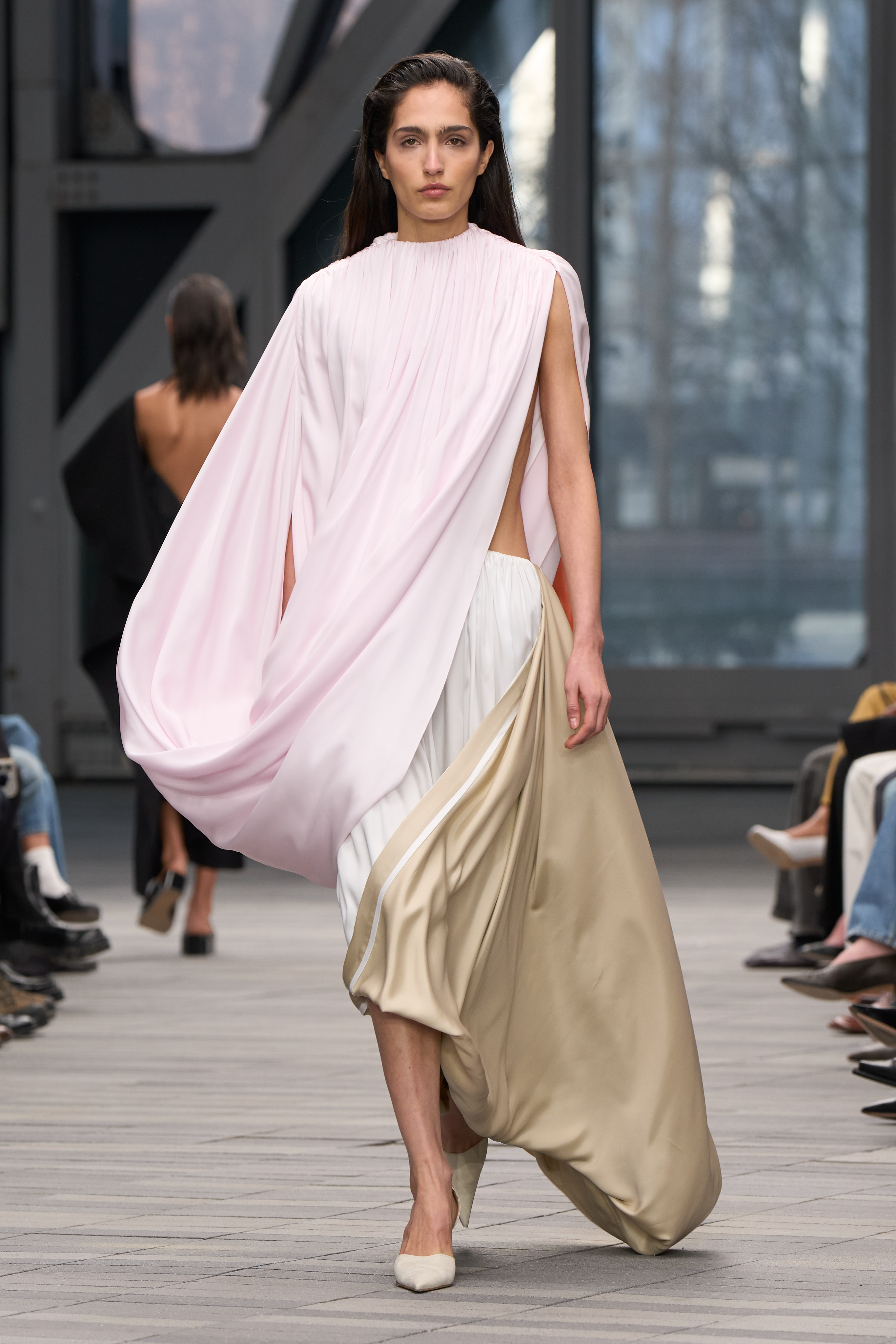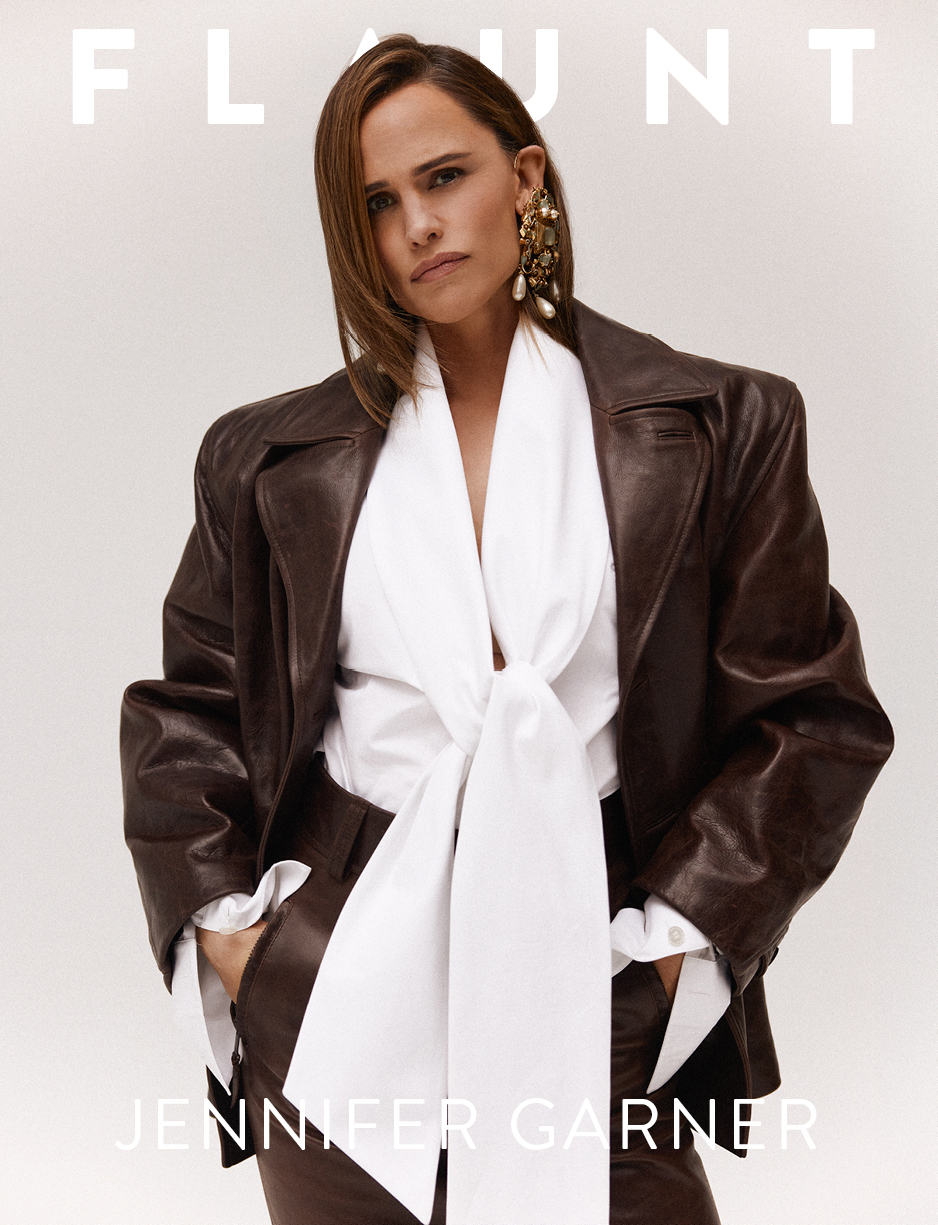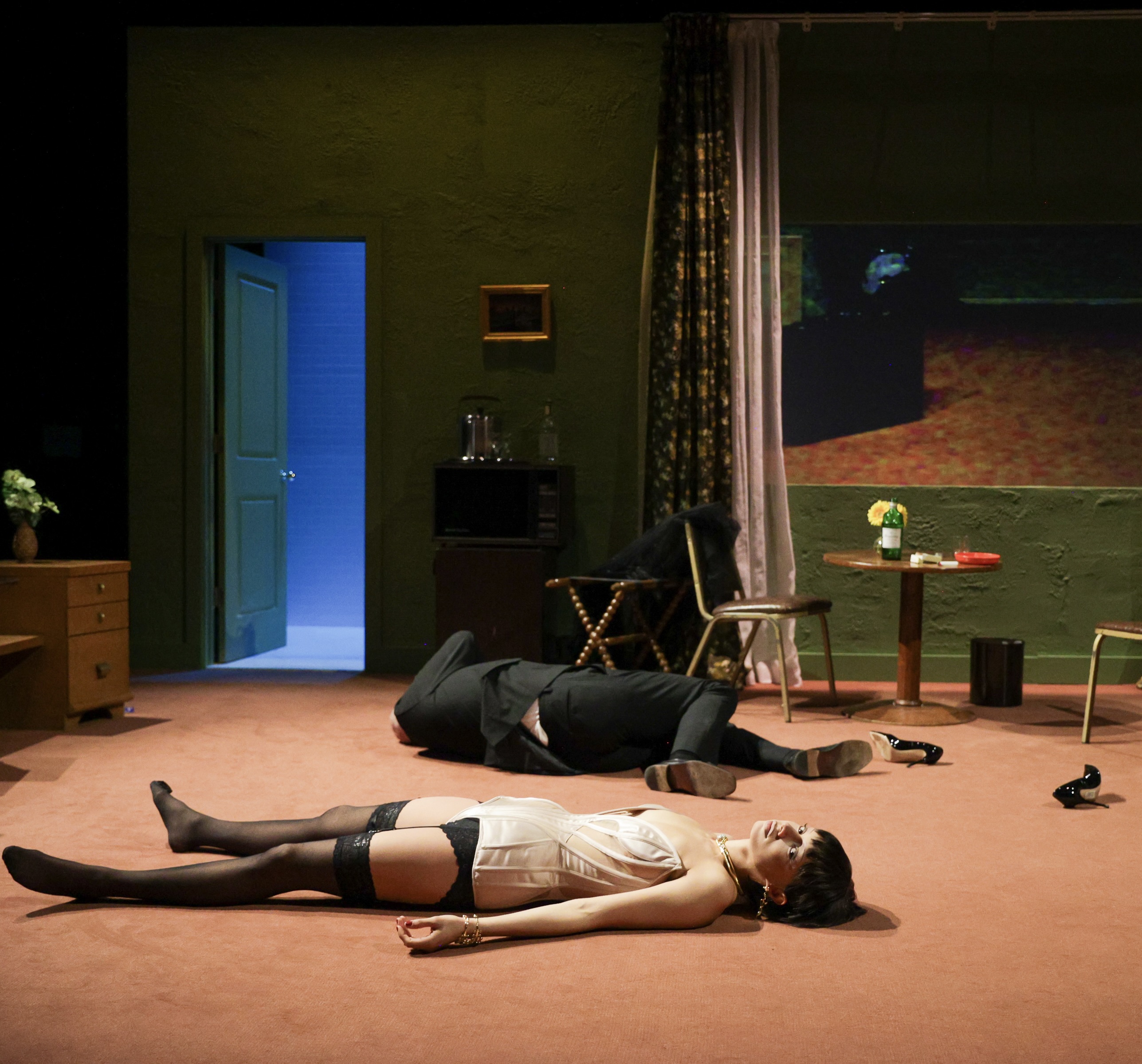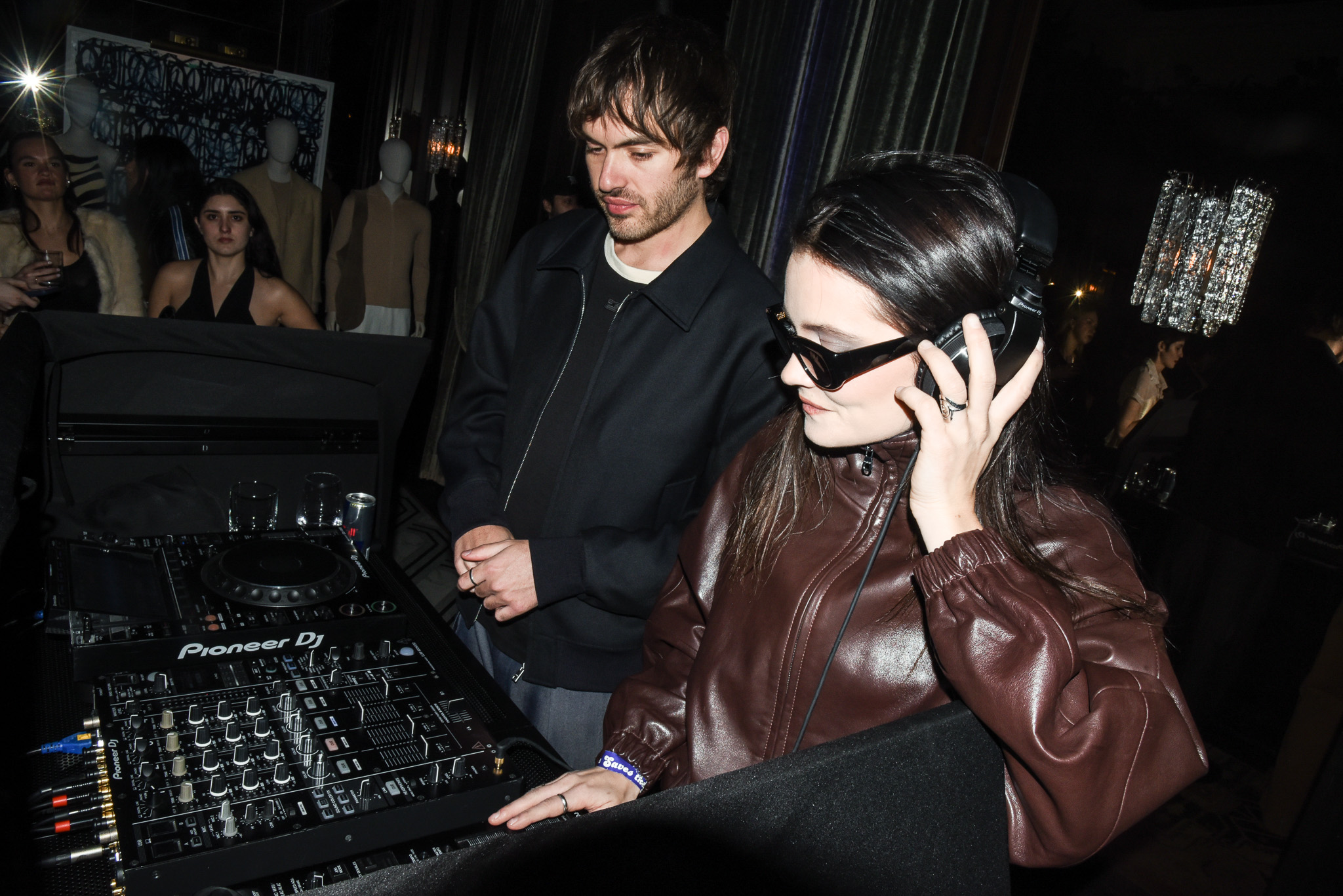

**Photo:** **[Sónar](https://sonar.es/en/2017/artists/valgeir-sigurdsson)**
Coming from a musical background, Icelandic musician Valgeir Sigurðsson got his first recording studio job at 16. Eventually learning to play keyboards, bass, percussion, electronics/programming and classical guitar, Sigurðsson graduated with a Tonmeister degree – for exceptional students who are primarily interested in the theory and practice of sound recording and audio engineering – from London's SAE Institute. Then in 1998, Sigurðsson was hired by fellow countrywoman Björk as engineer and programmer on the soundtrack for Lars Von Trier's _Dancer in the Dark_. The song "I've Seen It All" – for which Sigurðsson created a distinctive train-rhythm that runs through the song – was nominated for the Academy Award for Best Original Song.
Having founded Greenhouse Studios in 1997, where (in addition to Björk) Sigurðsson collaborated with artists like Bonnie 'Prince' Billy, Feist, múm, Brian Eno, among others, in 2005 he founded Bedroom Community – a record label which launched the career of Nico Muhly and produced albums by Ben Frost and Sam Amidon. In 2007 Sigurðsson's debuted his solo album _Ekvílibríum_ via Bedroom Community – his third LP _Architecture of Loss_ was released in September 2012 to critical acclaim. Since then, Bedroom Community has risen to quiet acclaim, and in 2010 he launched the Whale Watching Tour, which this month will make a stop as part of the LA Phil's Reykjavík Festival. (Tickets can be purchased [here](http://www.laphil.com/tickets/reykjavik-festival-johann-johannsson/2017-04-17)).
### Can you tell me a little bit about the whale watching tour?
The Whale Watching tour was something we created around our Bedroom Community collective around 2010 when we realized all this music that we were collaborating on in this studio when we were playing live we ended up kind of participating in each others' performances and ended up being each other’s backing band so we decided to put together a whole tour with a rotating front person with the others serving as the band and that was when it was four artists on the label.
It was myself, Nico Muhly, Ben Frost, and Sam Amidon. I found this concept and the reaction and people's openness to jumping from folk music to more avant garde or electronic – anything that we wanted to play – people seemed very open to it. The Bedroom Community artists are quite different in style although there’s something that ties it all together, if your angle to Bedroom Community is Sam Amidon, who plays folk music, then you might discover that there’s this different type of genre that you really enjoy but without this tour you wouldn’t really have access to it necessarily. I thought this is a great way of expanding music from the studio to the live stage and is basically a way of sharing what we’re doing as a collective, so that was the basic idea and it's evolved and developed to include more players and more members of the Bedroom Community and there’s a rotating line up, it's not the same any time.
### Bedroom Community has been around for ten years, what was your goal when you first started the label, and how has that changed?
The goal was to make music and make it with my friends and create almost like a structure around this music that I was feeling very strongly about at the time. In the beginning it was three of us, myself, Ben Frost, and Nico Muhly who were kind of the founding members of Bedroom Community and we all had this music that needed a home – we could make it, write it, record it, produce it, all that but we didn’t have a label for it. With the two of them I wanted to produce their albums and I wanted people to hear them and I wanted to make my own music.
Until then I had been mostly collaborating with other people as a producer and as a studio guy, so it was a way also for me to step out of that, and rather than accepting all the things that fell into my lap, it was kind of a way to instigate new things and new projects and select the people that I work with and be one step ahead. I have been quite fortunate with collaborators in the past but working with them also meant that I put my own music on hold and I felt the need to create that collective around myself. And then gradually as the label grew it's been this kind of home for homeless music and people that we have some kind of connection to. The connections are all quite different and individual but it's always based on some personal thing rather than just being about the music, there’s a friendship underlined or there’s a connection somehow, or there’s just this openness to collaborate and explore new territory.
### Your personal work is quite varied – you do everything from compositions for television shows and movies to opera, what do you think are the pros and cons of working in so many different genres?
The pros for me are that making music is just a constant learning process and a growing process. Doing all these different collaborations and projects means there’s a lot of discoveries to be made.
The con is that sometimes it gets little hard to focus on one thing when you’re being pulled in all directions and things are coming from very different realms. There’s a different set of tools required to do the work and I find myself having to create a discipline for each project. It's almost like putting on chef's suit and doing some cooking, and then changing into a gardeners suit and pulling some weeds, and then changing into a plumber's costume and running over to do some plumbing. I’ve trained myself to do this where I can shift – not change personalities – but change my outfit to match the task, metaphorically speaking, which can sometimes be a little bit tricky.
Multitasking isn’t always a good things because you feel like you sometimes just want to focus on one thing, when you’re really in the moment you just want to be there and then there’s like ten other things, like running a label, running a studio, writing your own music, making an album, doing a TV thing, it's gets a little distracting, but that’s how I roll.
### How do you manage having so many roles?
It depends a little bit especially if I’m working on projects everything that I, when I say my own projects I mean, the label stuff, my own music and all that kind of when I’m not being hired by someone to do a job which I occasionally still do, like juts mix \[blank\] for someone, or do something specific. In my own universe I’m kind of all over the place, when I’m writing music then I really need to close all the doors and \[shut the blinds\] and just be super in that moment because I find that \[writing my music\] is the hardest thing for me to jump into, it’s a process to get there and once I’m there I don’t want to leave it. It gets very all consuming and if something breaks the focus it takes me a long time to get back into it, so that’s the main place where I try to push everything else aside.
### Iceland has had such an outsized impact on world culture, and pop culture in particular for the last 20/30 years. Do you have an opinion of why that is? What is it about icelandic culture that's so appealing?
I find it sort of interesting that you feel that. For me I’ve been making music for about that long, it has felt very different in the last five years from the 25 years before that. There's more attention I think, on things coming from here now then there was before. I think around the time we started the label, ten years ago, I don't think there was an interest in Icelandic things. People were like, “Oh, there's an icelandic label.” People started to think at that time, okay there are other interesting things that can come from Iceland and that are coming out of Iceland. Now it's opened up to people being interested in Icelandic literature, contemporary literature, not just the old legends, and they are interested in tv series, all kinds of cultural things that come out of here. For me it's very new. It's hard for me to say if it has had any influence or if people are just curious, obviously bands like Sigur Rós have had an influence and an impact, I don’t know how much that influences the current like music scene.
I think the interest might be because it is a strange little place, so strange things come out of here. Unknowingly, we do them a little bit differently. Just because the light is different, the weather is different, the mentality is different, things get lost in translation… a lot of things are happy accidents I guess. When you're in the middle of it, it's sometimes hard to see it. I think the artists that are on the label – even though they aren't all Icelandic or from Iceland – they come here and they also create something quite specific to the label because they come here and make it and it's in this circumstance. There're obviously a lot of collaborators, a lot of people who have their finger in the making of the work are from here.
I think that it's our population in Iceland is small and we need to be quite open to traveling. If we were only in Iceland, operating in Iceland, we wouldn't exist. It’s too small, there's not enough people. We always set out to have international distribution and have our profile be international and there are all these connections with people being from the states, being from UK or other places in the world that can create this network of people that come together and create something.
### We also spoke to Nico Muhly a few weeks ago (for the upcoming Heartbreakers Issue. Can you speak a little bit about your history with him and how you guys became involved with working together?
Yea, Nico and I met in New York when I was working there in early 2000s. We got to know each other kind of by accident in a studio where Nico and I were working and we started talking and he was about to finish school and I was coming in and out of the studio and he started sending me his music. I was really intrigued, except for the fact that I thought it was so badly recorded, I said "well this is great music, it need to be heard properly, it need to be recorded properly." And he said, “yes, I know, but that's the only thing that I can do at school.” So I offered to help him out with that and we started working together. He started writing pieces with our sessions in mind and at the same time I was thinking about coming up with some kind of structure for a label that I could put all of these little fragments of pieces that I needed to finish. And as a result I started playing for him and he gave me a lot of encouragement to do that. When I mentioned this idea about the label to him it was just good timing. We had similar ideas and we got along very well, so it seemed very obvious. We came back to Iceland, and kept recording. His first album became the first release on Bedroom Community and we’ve done a lot of different things together since then.
### What’s the next ten years for Bedroom Community look like?
One of the things that we’ve never done is do any kind of long term planning. We’re starting to think a little more ahead as we mature a bit, just to try to become responsible to the artists. These are the people we have an obligation to, they are the people who are trusting us with their work. The plan is more or less the same – to organically keep creating and releasing music as it happens. My next album is coming up next, which is exciting for me because it’ll be my first album in four years. We also have plans for quite a lot of releases this year into early maybe next year. One of the things we’ve always done is to grow things at the speed that they are ready, we never kind of set a deadline and say, “we have to have this out there.” When something is ready we begin to think about releasing it. At the moment we kind of just feel out what everyone is doing – I keep a close eye on what everyone is working on as much as I can and see if we can help somehow make things happen. The plan is to hopefully have more of the same. We’re up to 25 records now and I think we’ll definitely have 25 at the end of this month, I wouldn’t be surprised if it's more but it's never really been about quantity it's just what happens.
### What can we expect from your new album?
The new album is epic – I think that’s the one word description. The reason is that it's almost –there's a lot of big pieces with a lot of people, a lot of players. The scale of it is quite big, I’m reworking a little bit of Mozart as well. There's only three pieces on the album.
Don't miss Bedroom Community's Whale Watching Tour April 17th at the Walt Disney Concert Hall. Buy tickets [here](http://www.laphil.com/tickets/reykjavik-festival-johann-johannsson/2017-04-17).
 
**Photo:** **[Sónar](https://sonar.es/en/2017/artists/valgeir-sigurdsson)**
Coming from a musical background, Icelandic musician Valgeir Sigurðsson got his first recording studio job at 16. Eventually learning to play keyboards, bass, percussion, electronics/programming and classical guitar, Sigurðsson graduated with a Tonmeister degree – for exceptional students who are primarily interested in the theory and practice of sound recording and audio engineering – from London's SAE Institute. Then in 1998, Sigurðsson was hired by fellow countrywoman Björk as engineer and programmer on the soundtrack for Lars Von Trier's _Dancer in the Dark_. The song "I've Seen It All" – for which Sigurðsson created a distinctive train-rhythm that runs through the song – was nominated for the Academy Award for Best Original Song.
Having founded Greenhouse Studios in 1997, where (in addition to Björk) Sigurðsson collaborated with artists like Bonnie 'Prince' Billy, Feist, múm, Brian Eno, among others, in 2005 he founded Bedroom Community – a record label which launched the career of Nico Muhly and produced albums by Ben Frost and Sam Amidon. In 2007 Sigurðsson's debuted his solo album _Ekvílibríum_ via Bedroom Community – his third LP _Architecture of Loss_ was released in September 2012 to critical acclaim. Since then, Bedroom Community has risen to quiet acclaim, and in 2010 he launched the Whale Watching Tour, which this month will make a stop as part of the LA Phil's Reykjavík Festival. (Tickets can be purchased [here](http://www.laphil.com/tickets/reykjavik-festival-johann-johannsson/2017-04-17)).
### Can you tell me a little bit about the whale watching tour?
The Whale Watching tour was something we created around our Bedroom Community collective around 2010 when we realized all this music that we were collaborating on in this studio when we were playing live we ended up kind of participating in each others' performances and ended up being each other’s backing band so we decided to put together a whole tour with a rotating front person with the others serving as the band and that was when it was four artists on the label.
It was myself, Nico Muhly, Ben Frost, and Sam Amidon. I found this concept and the reaction and people's openness to jumping from folk music to more avant garde or electronic – anything that we wanted to play – people seemed very open to it. The Bedroom Community artists are quite different in style although there’s something that ties it all together, if your angle to Bedroom Community is Sam Amidon, who plays folk music, then you might discover that there’s this different type of genre that you really enjoy but without this tour you wouldn’t really have access to it necessarily. I thought this is a great way of expanding music from the studio to the live stage and is basically a way of sharing what we’re doing as a collective, so that was the basic idea and it's evolved and developed to include more players and more members of the Bedroom Community and there’s a rotating line up, it's not the same any time.
### Bedroom Community has been around for ten years, what was your goal when you first started the label, and how has that changed?
The goal was to make music and make it with my friends and create almost like a structure around this music that I was feeling very strongly about at the time. In the beginning it was three of us, myself, Ben Frost, and Nico Muhly who were kind of the founding members of Bedroom Community and we all had this music that needed a home – we could make it, write it, record it, produce it, all that but we didn’t have a label for it. With the two of them I wanted to produce their albums and I wanted people to hear them and I wanted to make my own music.
Until then I had been mostly collaborating with other people as a producer and as a studio guy, so it was a way also for me to step out of that, and rather than accepting all the things that fell into my lap, it was kind of a way to instigate new things and new projects and select the people that I work with and be one step ahead. I have been quite fortunate with collaborators in the past but working with them also meant that I put my own music on hold and I felt the need to create that collective around myself. And then gradually as the label grew it's been this kind of home for homeless music and people that we have some kind of connection to. The connections are all quite different and individual but it's always based on some personal thing rather than just being about the music, there’s a friendship underlined or there’s a connection somehow, or there’s just this openness to collaborate and explore new territory.
### Your personal work is quite varied – you do everything from compositions for television shows and movies to opera, what do you think are the pros and cons of working in so many different genres?
The pros for me are that making music is just a constant learning process and a growing process. Doing all these different collaborations and projects means there’s a lot of discoveries to be made.
The con is that sometimes it gets little hard to focus on one thing when you’re being pulled in all directions and things are coming from very different realms. There’s a different set of tools required to do the work and I find myself having to create a discipline for each project. It's almost like putting on chef's suit and doing some cooking, and then changing into a gardeners suit and pulling some weeds, and then changing into a plumber's costume and running over to do some plumbing. I’ve trained myself to do this where I can shift – not change personalities – but change my outfit to match the task, metaphorically speaking, which can sometimes be a little bit tricky.
Multitasking isn’t always a good things because you feel like you sometimes just want to focus on one thing, when you’re really in the moment you just want to be there and then there’s like ten other things, like running a label, running a studio, writing your own music, making an album, doing a TV thing, it's gets a little distracting, but that’s how I roll.
### How do you manage having so many roles?
It depends a little bit especially if I’m working on projects everything that I, when I say my own projects I mean, the label stuff, my own music and all that kind of when I’m not being hired by someone to do a job which I occasionally still do, like juts mix \[blank\] for someone, or do something specific. In my own universe I’m kind of all over the place, when I’m writing music then I really need to close all the doors and \[shut the blinds\] and just be super in that moment because I find that \[writing my music\] is the hardest thing for me to jump into, it’s a process to get there and once I’m there I don’t want to leave it. It gets very all consuming and if something breaks the focus it takes me a long time to get back into it, so that’s the main place where I try to push everything else aside.
### Iceland has had such an outsized impact on world culture, and pop culture in particular for the last 20/30 years. Do you have an opinion of why that is? What is it about icelandic culture that's so appealing?
I find it sort of interesting that you feel that. For me I’ve been making music for about that long, it has felt very different in the last five years from the 25 years before that. There's more attention I think, on things coming from here now then there was before. I think around the time we started the label, ten years ago, I don't think there was an interest in Icelandic things. People were like, “Oh, there's an icelandic label.” People started to think at that time, okay there are other interesting things that can come from Iceland and that are coming out of Iceland. Now it's opened up to people being interested in Icelandic literature, contemporary literature, not just the old legends, and they are interested in tv series, all kinds of cultural things that come out of here. For me it's very new. It's hard for me to say if it has had any influence or if people are just curious, obviously bands like Sigur Rós have had an influence and an impact, I don’t know how much that influences the current like music scene.
I think the interest might be because it is a strange little place, so strange things come out of here. Unknowingly, we do them a little bit differently. Just because the light is different, the weather is different, the mentality is different, things get lost in translation… a lot of things are happy accidents I guess. When you're in the middle of it, it's sometimes hard to see it. I think the artists that are on the label – even though they aren't all Icelandic or from Iceland – they come here and they also create something quite specific to the label because they come here and make it and it's in this circumstance. There're obviously a lot of collaborators, a lot of people who have their finger in the making of the work are from here.
I think that it's our population in Iceland is small and we need to be quite open to traveling. If we were only in Iceland, operating in Iceland, we wouldn't exist. It’s too small, there's not enough people. We always set out to have international distribution and have our profile be international and there are all these connections with people being from the states, being from UK or other places in the world that can create this network of people that come together and create something.
### We also spoke to Nico Muhly a few weeks ago (for the upcoming Heartbreakers Issue. Can you speak a little bit about your history with him and how you guys became involved with working together?
Yea, Nico and I met in New York when I was working there in early 2000s. We got to know each other kind of by accident in a studio where Nico and I were working and we started talking and he was about to finish school and I was coming in and out of the studio and he started sending me his music. I was really intrigued, except for the fact that I thought it was so badly recorded, I said "well this is great music, it need to be heard properly, it need to be recorded properly." And he said, “yes, I know, but that's the only thing that I can do at school.” So I offered to help him out with that and we started working together. He started writing pieces with our sessions in mind and at the same time I was thinking about coming up with some kind of structure for a label that I could put all of these little fragments of pieces that I needed to finish. And as a result I started playing for him and he gave me a lot of encouragement to do that. When I mentioned this idea about the label to him it was just good timing. We had similar ideas and we got along very well, so it seemed very obvious. We came back to Iceland, and kept recording. His first album became the first release on Bedroom Community and we’ve done a lot of different things together since then.
### What’s the next ten years for Bedroom Community look like?
One of the things that we’ve never done is do any kind of long term planning. We’re starting to think a little more ahead as we mature a bit, just to try to become responsible to the artists. These are the people we have an obligation to, they are the people who are trusting us with their work. The plan is more or less the same – to organically keep creating and releasing music as it happens. My next album is coming up next, which is exciting for me because it’ll be my first album in four years. We also have plans for quite a lot of releases this year into early maybe next year. One of the things we’ve always done is to grow things at the speed that they are ready, we never kind of set a deadline and say, “we have to have this out there.” When something is ready we begin to think about releasing it. At the moment we kind of just feel out what everyone is doing – I keep a close eye on what everyone is working on as much as I can and see if we can help somehow make things happen. The plan is to hopefully have more of the same. We’re up to 25 records now and I think we’ll definitely have 25 at the end of this month, I wouldn’t be surprised if it's more but it's never really been about quantity it's just what happens.
### What can we expect from your new album?
The new album is epic – I think that’s the one word description. The reason is that it's almost –there's a lot of big pieces with a lot of people, a lot of players. The scale of it is quite big, I’m reworking a little bit of Mozart as well. There's only three pieces on the album.
Don't miss Bedroom Community's Whale Watching Tour April 17th at the Walt Disney Concert Hall. Buy tickets [here](http://www.laphil.com/tickets/reykjavik-festival-johann-johannsson/2017-04-17).

**Photo:** **[Sónar](https://sonar.es/en/2017/artists/valgeir-sigurdsson)**
Coming from a musical background, Icelandic musician Valgeir Sigurðsson got his first recording studio job at 16. Eventually learning to play keyboards, bass, percussion, electronics/programming and classical guitar, Sigurðsson graduated with a Tonmeister degree – for exceptional students who are primarily interested in the theory and practice of sound recording and audio engineering – from London's SAE Institute. Then in 1998, Sigurðsson was hired by fellow countrywoman Björk as engineer and programmer on the soundtrack for Lars Von Trier's _Dancer in the Dark_. The song "I've Seen It All" – for which Sigurðsson created a distinctive train-rhythm that runs through the song – was nominated for the Academy Award for Best Original Song.
Having founded Greenhouse Studios in 1997, where (in addition to Björk) Sigurðsson collaborated with artists like Bonnie 'Prince' Billy, Feist, múm, Brian Eno, among others, in 2005 he founded Bedroom Community – a record label which launched the career of Nico Muhly and produced albums by Ben Frost and Sam Amidon. In 2007 Sigurðsson's debuted his solo album _Ekvílibríum_ via Bedroom Community – his third LP _Architecture of Loss_ was released in September 2012 to critical acclaim. Since then, Bedroom Community has risen to quiet acclaim, and in 2010 he launched the Whale Watching Tour, which this month will make a stop as part of the LA Phil's Reykjavík Festival. (Tickets can be purchased [here](http://www.laphil.com/tickets/reykjavik-festival-johann-johannsson/2017-04-17)).
### Can you tell me a little bit about the whale watching tour?
The Whale Watching tour was something we created around our Bedroom Community collective around 2010 when we realized all this music that we were collaborating on in this studio when we were playing live we ended up kind of participating in each others' performances and ended up being each other’s backing band so we decided to put together a whole tour with a rotating front person with the others serving as the band and that was when it was four artists on the label.
It was myself, Nico Muhly, Ben Frost, and Sam Amidon. I found this concept and the reaction and people's openness to jumping from folk music to more avant garde or electronic – anything that we wanted to play – people seemed very open to it. The Bedroom Community artists are quite different in style although there’s something that ties it all together, if your angle to Bedroom Community is Sam Amidon, who plays folk music, then you might discover that there’s this different type of genre that you really enjoy but without this tour you wouldn’t really have access to it necessarily. I thought this is a great way of expanding music from the studio to the live stage and is basically a way of sharing what we’re doing as a collective, so that was the basic idea and it's evolved and developed to include more players and more members of the Bedroom Community and there’s a rotating line up, it's not the same any time.
### Bedroom Community has been around for ten years, what was your goal when you first started the label, and how has that changed?
The goal was to make music and make it with my friends and create almost like a structure around this music that I was feeling very strongly about at the time. In the beginning it was three of us, myself, Ben Frost, and Nico Muhly who were kind of the founding members of Bedroom Community and we all had this music that needed a home – we could make it, write it, record it, produce it, all that but we didn’t have a label for it. With the two of them I wanted to produce their albums and I wanted people to hear them and I wanted to make my own music.
Until then I had been mostly collaborating with other people as a producer and as a studio guy, so it was a way also for me to step out of that, and rather than accepting all the things that fell into my lap, it was kind of a way to instigate new things and new projects and select the people that I work with and be one step ahead. I have been quite fortunate with collaborators in the past but working with them also meant that I put my own music on hold and I felt the need to create that collective around myself. And then gradually as the label grew it's been this kind of home for homeless music and people that we have some kind of connection to. The connections are all quite different and individual but it's always based on some personal thing rather than just being about the music, there’s a friendship underlined or there’s a connection somehow, or there’s just this openness to collaborate and explore new territory.
### Your personal work is quite varied – you do everything from compositions for television shows and movies to opera, what do you think are the pros and cons of working in so many different genres?
The pros for me are that making music is just a constant learning process and a growing process. Doing all these different collaborations and projects means there’s a lot of discoveries to be made.
The con is that sometimes it gets little hard to focus on one thing when you’re being pulled in all directions and things are coming from very different realms. There’s a different set of tools required to do the work and I find myself having to create a discipline for each project. It's almost like putting on chef's suit and doing some cooking, and then changing into a gardeners suit and pulling some weeds, and then changing into a plumber's costume and running over to do some plumbing. I’ve trained myself to do this where I can shift – not change personalities – but change my outfit to match the task, metaphorically speaking, which can sometimes be a little bit tricky.
Multitasking isn’t always a good things because you feel like you sometimes just want to focus on one thing, when you’re really in the moment you just want to be there and then there’s like ten other things, like running a label, running a studio, writing your own music, making an album, doing a TV thing, it's gets a little distracting, but that’s how I roll.
### How do you manage having so many roles?
It depends a little bit especially if I’m working on projects everything that I, when I say my own projects I mean, the label stuff, my own music and all that kind of when I’m not being hired by someone to do a job which I occasionally still do, like juts mix \[blank\] for someone, or do something specific. In my own universe I’m kind of all over the place, when I’m writing music then I really need to close all the doors and \[shut the blinds\] and just be super in that moment because I find that \[writing my music\] is the hardest thing for me to jump into, it’s a process to get there and once I’m there I don’t want to leave it. It gets very all consuming and if something breaks the focus it takes me a long time to get back into it, so that’s the main place where I try to push everything else aside.
### Iceland has had such an outsized impact on world culture, and pop culture in particular for the last 20/30 years. Do you have an opinion of why that is? What is it about icelandic culture that's so appealing?
I find it sort of interesting that you feel that. For me I’ve been making music for about that long, it has felt very different in the last five years from the 25 years before that. There's more attention I think, on things coming from here now then there was before. I think around the time we started the label, ten years ago, I don't think there was an interest in Icelandic things. People were like, “Oh, there's an icelandic label.” People started to think at that time, okay there are other interesting things that can come from Iceland and that are coming out of Iceland. Now it's opened up to people being interested in Icelandic literature, contemporary literature, not just the old legends, and they are interested in tv series, all kinds of cultural things that come out of here. For me it's very new. It's hard for me to say if it has had any influence or if people are just curious, obviously bands like Sigur Rós have had an influence and an impact, I don’t know how much that influences the current like music scene.
I think the interest might be because it is a strange little place, so strange things come out of here. Unknowingly, we do them a little bit differently. Just because the light is different, the weather is different, the mentality is different, things get lost in translation… a lot of things are happy accidents I guess. When you're in the middle of it, it's sometimes hard to see it. I think the artists that are on the label – even though they aren't all Icelandic or from Iceland – they come here and they also create something quite specific to the label because they come here and make it and it's in this circumstance. There're obviously a lot of collaborators, a lot of people who have their finger in the making of the work are from here.
I think that it's our population in Iceland is small and we need to be quite open to traveling. If we were only in Iceland, operating in Iceland, we wouldn't exist. It’s too small, there's not enough people. We always set out to have international distribution and have our profile be international and there are all these connections with people being from the states, being from UK or other places in the world that can create this network of people that come together and create something.
### We also spoke to Nico Muhly a few weeks ago (for the upcoming Heartbreakers Issue. Can you speak a little bit about your history with him and how you guys became involved with working together?
Yea, Nico and I met in New York when I was working there in early 2000s. We got to know each other kind of by accident in a studio where Nico and I were working and we started talking and he was about to finish school and I was coming in and out of the studio and he started sending me his music. I was really intrigued, except for the fact that I thought it was so badly recorded, I said "well this is great music, it need to be heard properly, it need to be recorded properly." And he said, “yes, I know, but that's the only thing that I can do at school.” So I offered to help him out with that and we started working together. He started writing pieces with our sessions in mind and at the same time I was thinking about coming up with some kind of structure for a label that I could put all of these little fragments of pieces that I needed to finish. And as a result I started playing for him and he gave me a lot of encouragement to do that. When I mentioned this idea about the label to him it was just good timing. We had similar ideas and we got along very well, so it seemed very obvious. We came back to Iceland, and kept recording. His first album became the first release on Bedroom Community and we’ve done a lot of different things together since then.
### What’s the next ten years for Bedroom Community look like?
One of the things that we’ve never done is do any kind of long term planning. We’re starting to think a little more ahead as we mature a bit, just to try to become responsible to the artists. These are the people we have an obligation to, they are the people who are trusting us with their work. The plan is more or less the same – to organically keep creating and releasing music as it happens. My next album is coming up next, which is exciting for me because it’ll be my first album in four years. We also have plans for quite a lot of releases this year into early maybe next year. One of the things we’ve always done is to grow things at the speed that they are ready, we never kind of set a deadline and say, “we have to have this out there.” When something is ready we begin to think about releasing it. At the moment we kind of just feel out what everyone is doing – I keep a close eye on what everyone is working on as much as I can and see if we can help somehow make things happen. The plan is to hopefully have more of the same. We’re up to 25 records now and I think we’ll definitely have 25 at the end of this month, I wouldn’t be surprised if it's more but it's never really been about quantity it's just what happens.
### What can we expect from your new album?
The new album is epic – I think that’s the one word description. The reason is that it's almost –there's a lot of big pieces with a lot of people, a lot of players. The scale of it is quite big, I’m reworking a little bit of Mozart as well. There's only three pieces on the album.
Don't miss Bedroom Community's Whale Watching Tour April 17th at the Walt Disney Concert Hall. Buy tickets [here](http://www.laphil.com/tickets/reykjavik-festival-johann-johannsson/2017-04-17).


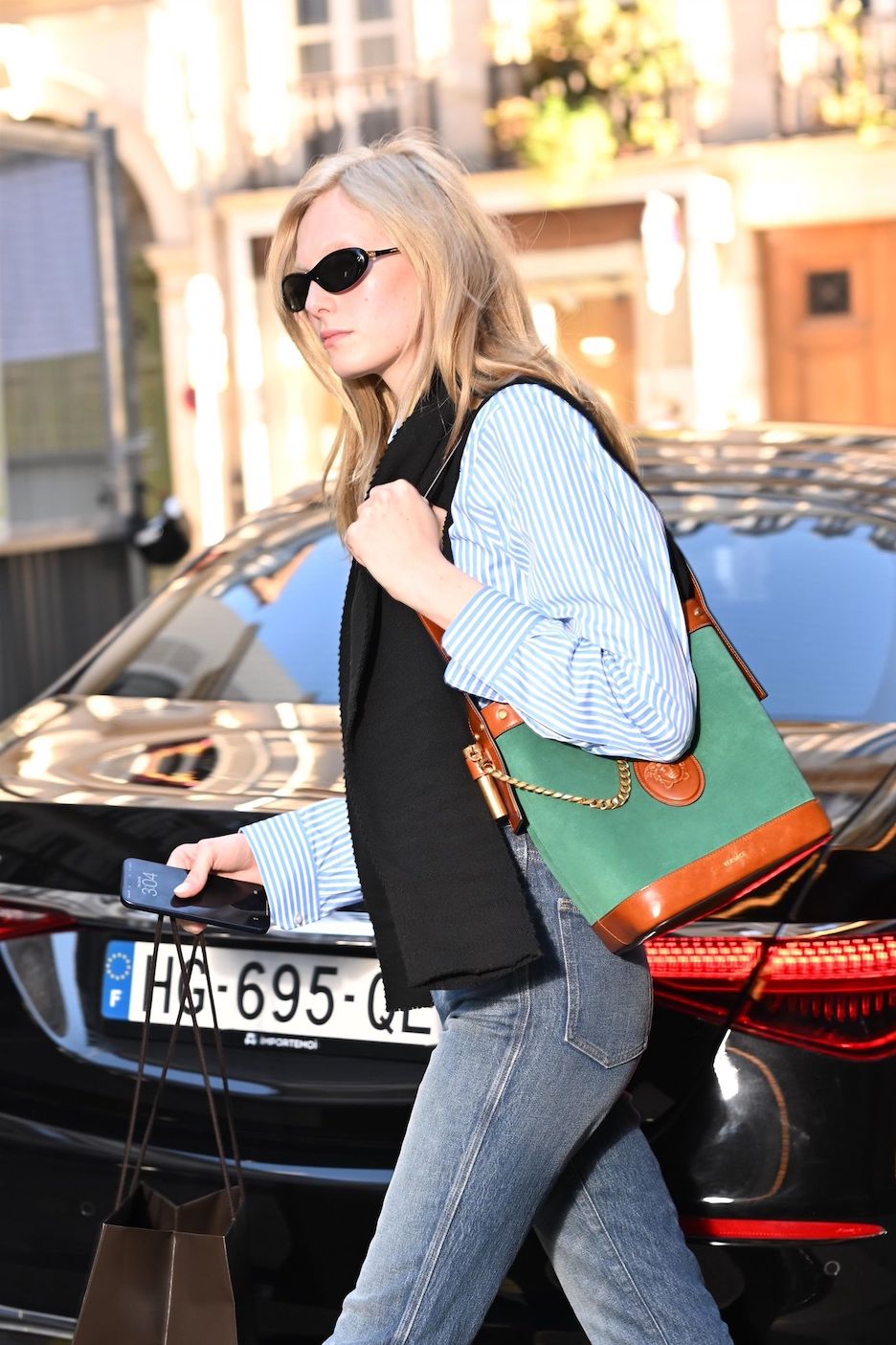
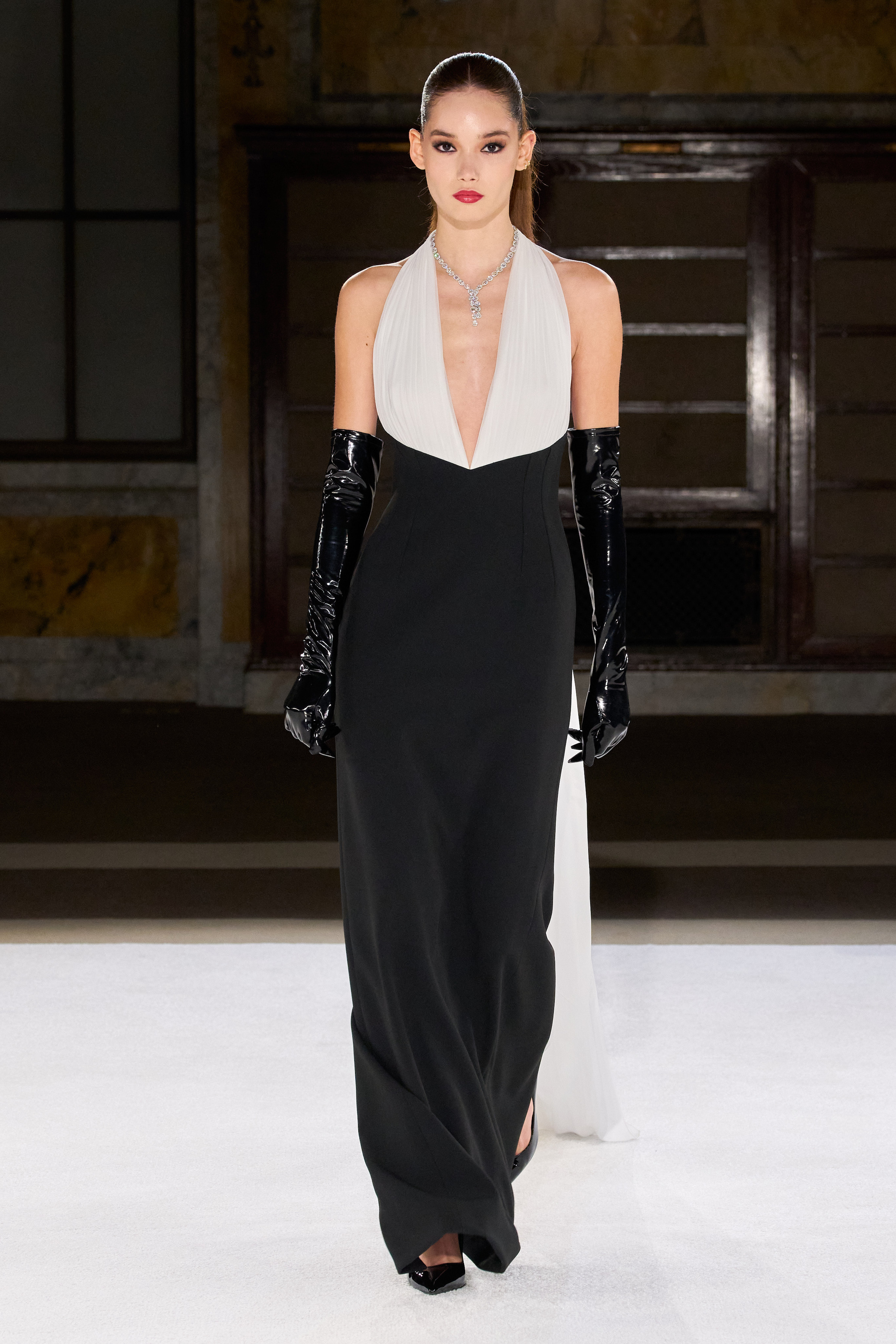
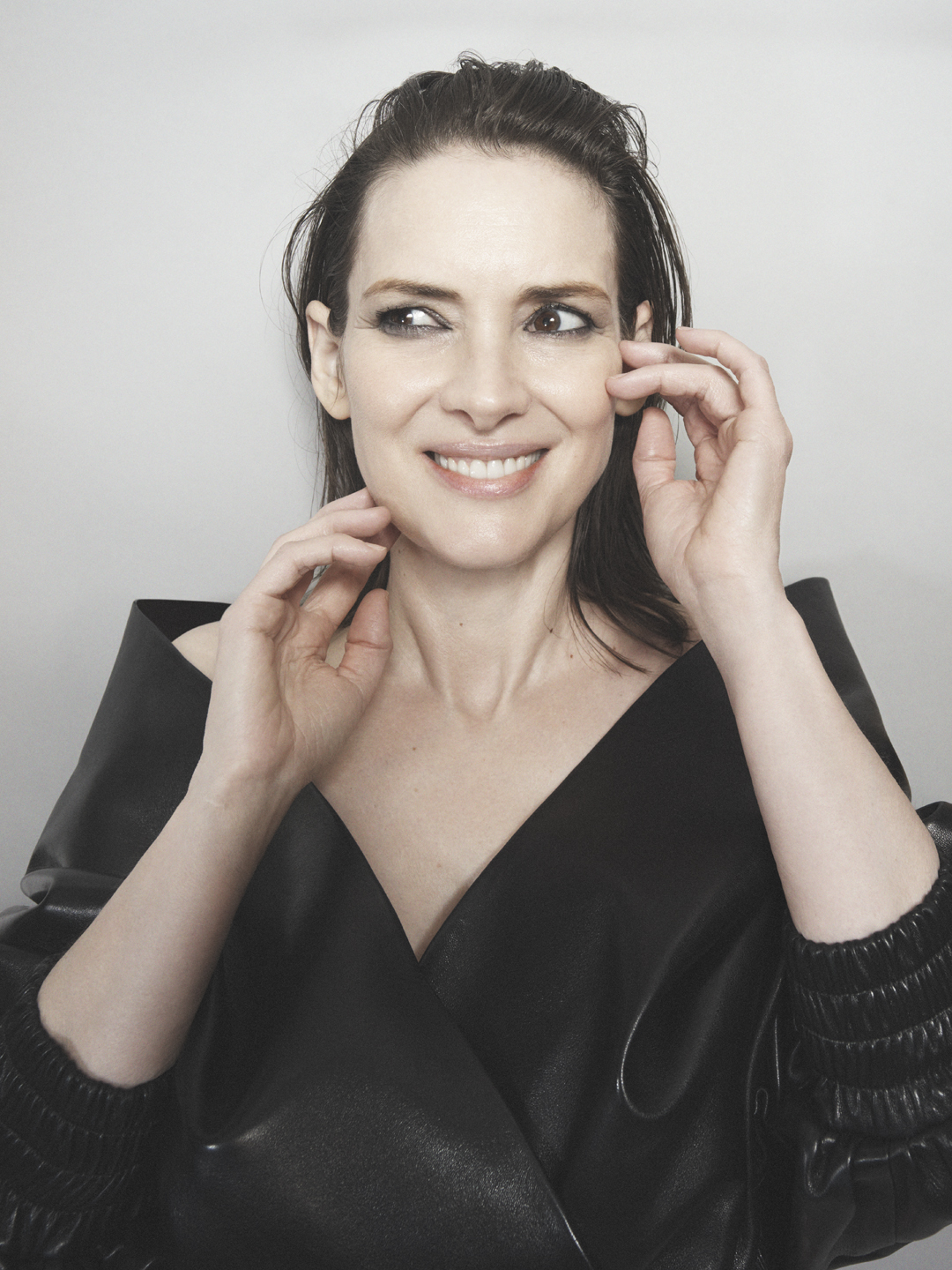
.jpg)
